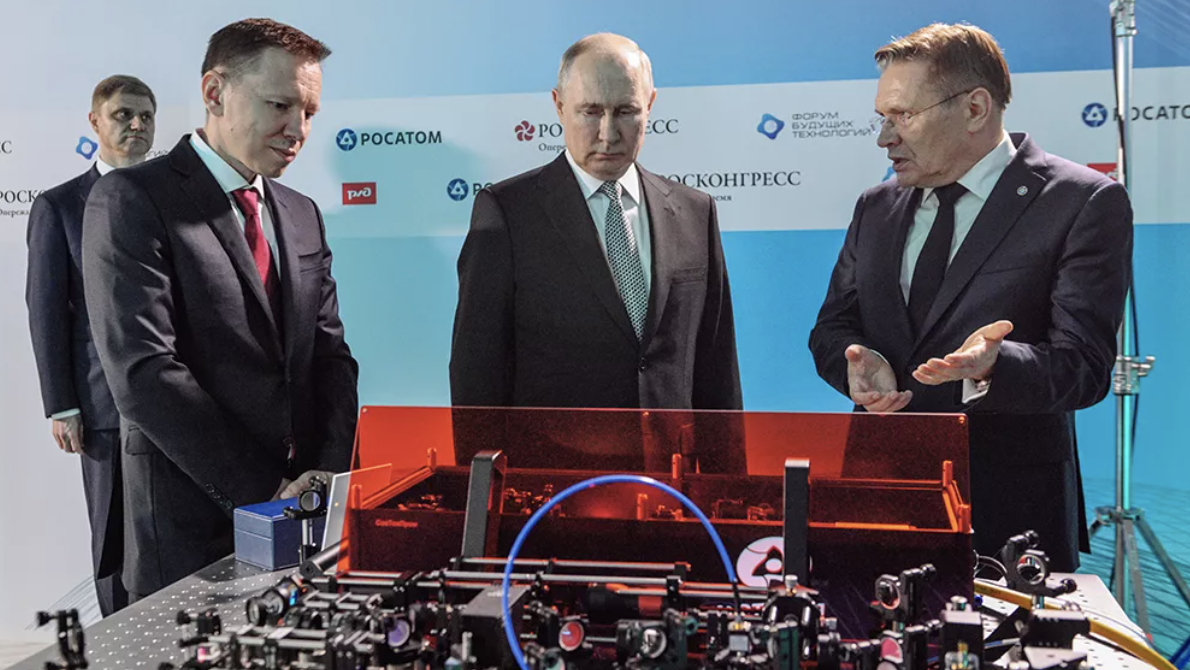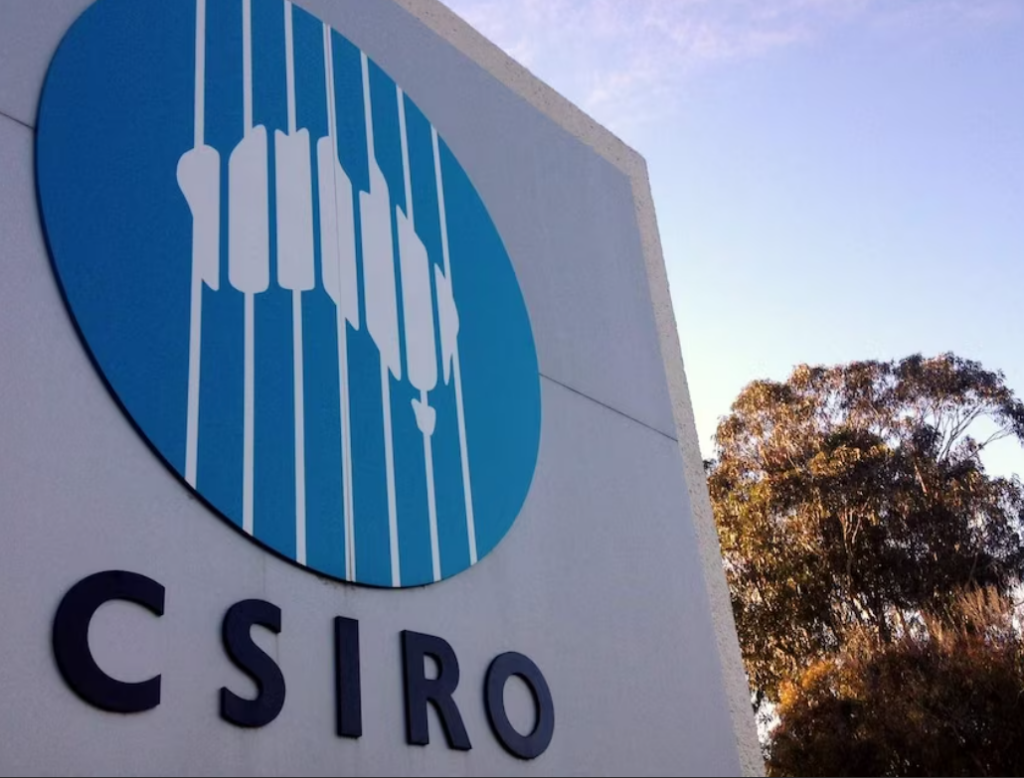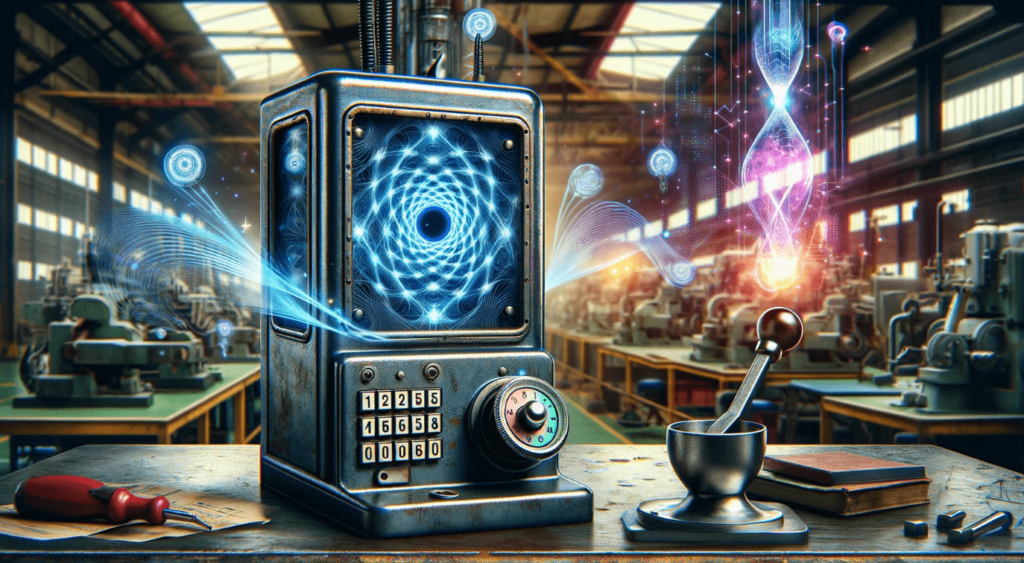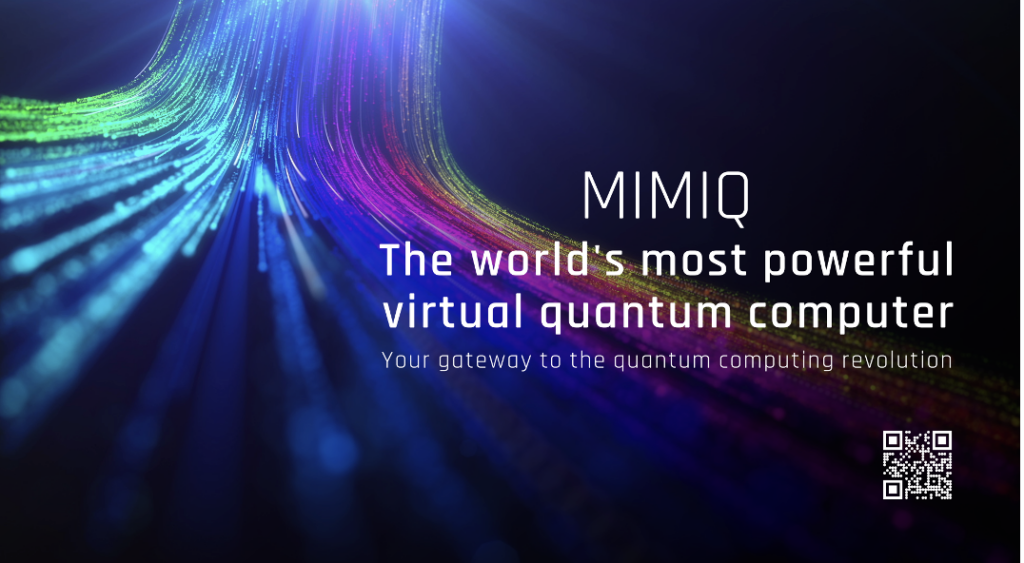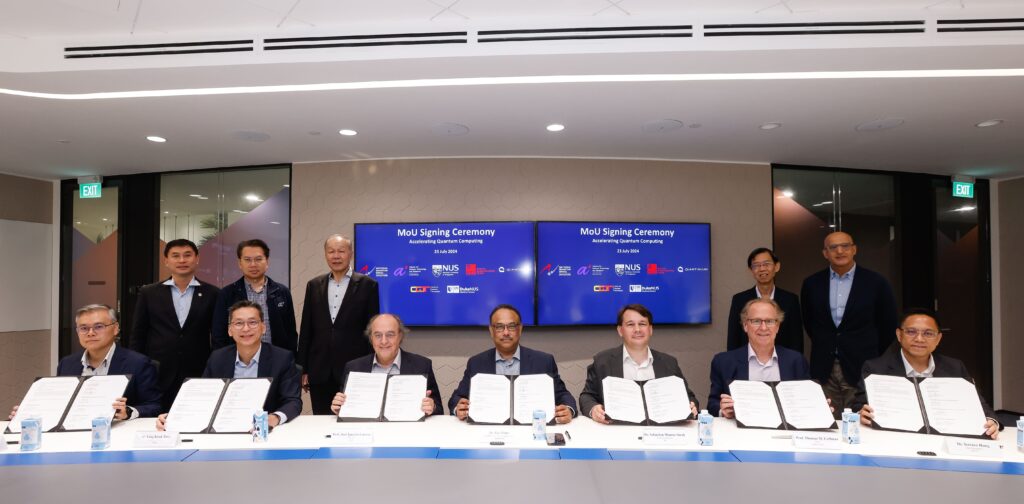Insider Brief
- Russian scientists say they built a 16-qubit quantum computer, according to information from the country’s nuclear energy corporation.
- The device was reviewed at the Forum for Future Technologies in Russia.
- Work on the device started as far back as 2015, according to reports.
- Image: Rosatom
A team of Russian physicists presented a 16-qubit quantum computer at the Forum for Future Technologies in Russia that appears to combine trapped ion and photonics approaches, according to a post from Rosatom, the Russian State Nuclear Energy Corporation .
The computer is the first quantum computer developed in Russia, according to the post, which was translated into English by a computer.
The device is still in the early stages of development and is small by standards already achieved by global quantum leaders. However, it has the potential to be a powerful tool for research and development, the scientist said. The team added that they have already used the device for simulating simple molecules.
The development of quantum computers is a major technological advance, and it is likely to have a significant impact on a wide range of industries. Russia’s investment in quantum computing is a sign of the country’s commitment to this emerging technology.

The program officially began in 2019, according to the article. However, Ilya Semerikov, a researcher at the LPI Laboratory of Optics of Complex Quantum Systems, said that work on the trapped ion device started as early as 2015. The team first built a quantum clock for GLONASS, a Russian global positioning system.
“There was a big discussion about whether to include our ion platform in it. And I am grateful to Rosatom, who believed in us then,” Semerikov said in the post. “Our quantum computer, which is important, is already doing useful things – modeling molecules, and is not engaged in scientific abstraction.”
At the demonstration, Russian President Vladimir Putin — maybe joking, maybe not — said that the important thing now was for the researchers to not retire.
In addition to this device, Russia is also developing other quantum computers. Among other programs, the Russian government announced in 2021 that it would invest $790 million in quantum computing research over the next five years. This investment is part of a larger effort by Russia to develop its technological capabilities and become a leader in the global economy.
The development of quantum computers is a race between different countries, and Russia is not the only one that is investing heavily in this technology. The United States, China and the European Union are also investing billions of dollars in quantum computing research.
The winner of the quantum computing race will have a significant advantage in a number of industries, including cryptography, materials science and drug discovery.
For more market insights, check out our latest quantum computing news here.


